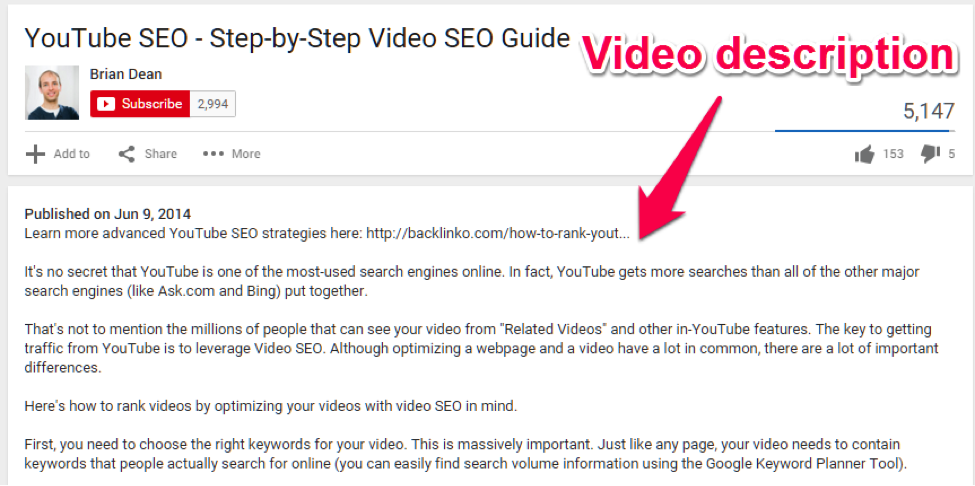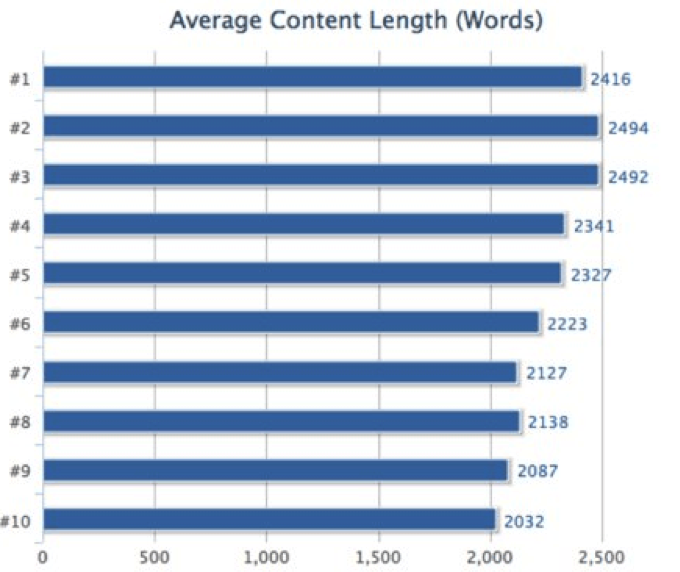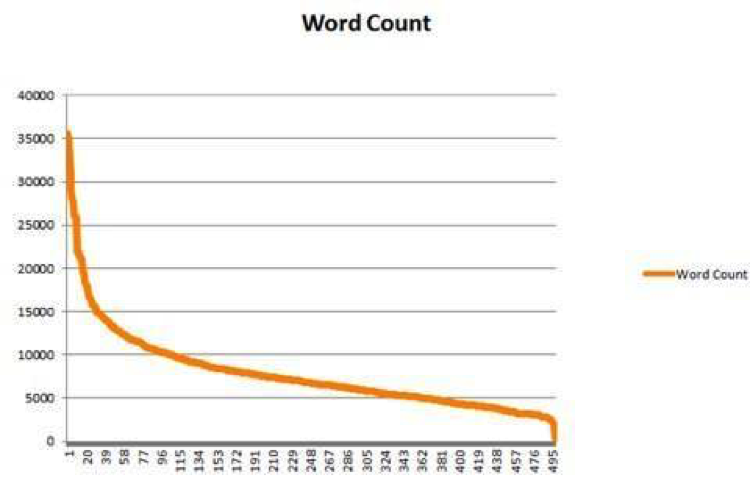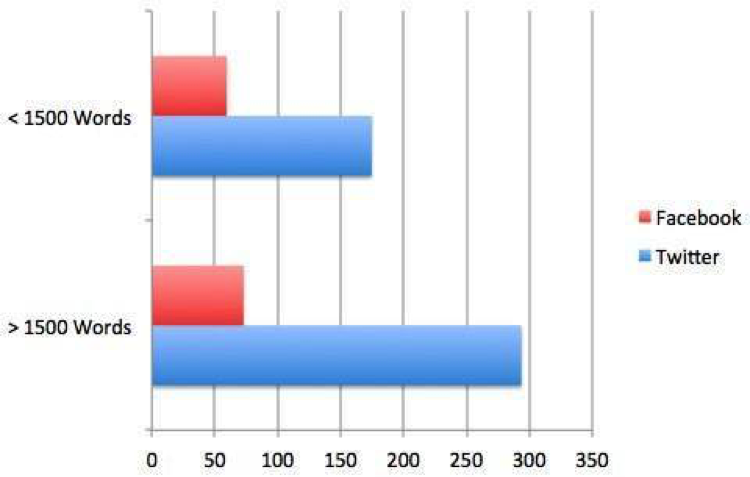5 Simple SEO Tips to Double Your Site Traffic
SEO Tips
The key to SEO success is finding SEO tips and tactics that work well, then scaling them to deliver big results. The second part in this process – implementing SEO tactics at scale – is easy for most people. It is the first part – finding effective SEO tactics – that businesses struggle with the most.
This process is made harder by the fact that SEO tactics can go out of date very quickly. Once marketers find out a popular strategy, it can easily get oversaturated. Further, some strategies might be branded as ‘black hat’ by Google, which can tank your rankings.
So to help you out, we’ve covered 5 SEO tips that yield consistent results regardless of niche. Apply them to your business and you can easily double your website traffic, or more.
- Broken link building
Broken link building has long been a favorite tactic among white hat SEOs. The idea behind this tactic is simple: authority websites often link out to pages that no longer exist. Such outgoing links are called ‘broken’ or ‘dead’ links.
Now editors/webmasters at authority sites care deeply about the user experience of their readers. A page that links to a dead site is not good for their site’s credibility. If you reach out to such editors and offer them a link to quality content on the same topic (on your site, of course), there is a good chance they’ll link out to you.
The good part about broken link building is that it is completely free and absolutely safe. It also makes the internet better by getting rid of dead links and replacing them with quality content.
Starting a broken link building campaign is beyond the scope of this post. For a better understanding, check out this post from Moz.com on broken link building.
- Link out to quality websites
This might sound counter-productive: why would linking out to quality sites increase your search rankings?
The answer? Hilltop.
Hilltop is 12+ year old algorithm for finding documents related to a particular keyword. It was acquired by Google from Compaq in 2003 and has played an important role in Google’s search engine.
Hilltop determines whether any website or page is an authoritative hub of information. One way to figure this out is to check how many authoritative websites the page links out to. After all, to qualify as a ‘hub’, it is equally important that a site gives away links (and not just hoard them).
In fact, most SEOs agree that external links have a role to play in search engine rankings. Adding them to your website is remarkably easy – just find authoritative sites in your niche (that are not your competitors), and link out to them in your posts/articles. Your readers will appreciate the external references, and Google will love you for becoming a hub of information.
- Describe your YouTube videos thoroughly
YouTube is the world’s second largest search engine. Getting your videos to rank well on this search engine can help you net tens of thousands of new visitors.
However, when most people think of YouTube SEO, they think of optimizing the video title or building backlinks to the video. While this definitely helps you rank better, it does ignore a big part of YouTube SEO: the video description.
Every YouTube video has a box where you can add a textual description of the video. Most people fill this up with keywords, hoping to influence search engines with it. In truth, this is neither reader friendly, nor does it help search engines understand your videos.
The solution is to add an in-depth description of the video. This should be like a short blog post and must use the same writing style, tone and keywords as your own blog. Not only will this be much more reader friendly, it will also help your video stand out, and rank better in the SERPs.
- Write longer content
Content is the foundation of good SEO. However, most marketers still believe that writing a quick 500-word blog post filled with keywords is good enough to help them rank in the SERPs.
The reality is very different. According to SERPIQ, the average length of content ranking on the first page of Google is at least 2,000+ words. In fact, for the first result, it is as high as 2,416 words.
This means that if you want to rank well, you will have to write longer content.
Moz analyzed the content on its blog and concluded that longer blog posts get more backlinks.
Content rich pages also get more shares on Facebook and Twitter, which can further influence your rankings.
The lesson: writing longer posts and articles can boost your SEO without any external link building or on-page SEO magic. Try to aim for at least 1,000+ words.
- Create expert roundups
The expert roundup has quickly become a favorite link building strategy among marketers. It’s a simple idea: ask a question to leading experts in a niche, collect their responses, then publish them on your site.
The upside of this tactic is that experts who have been featured in a blog post have a vested interest in promoting the post. They will likely tweet, share and link out to it from their own site. In a way, this is like reciprocal link building on steroids.
The best part is that expert roundups offer tons of value to readers as well. A well-made roundup gives them insight from dozens of experts on the same topic, which helps them understand the subject better.
It’s a win-win for everyone. Experts get exposure, readers learn a lot, and your site gets tons of shares and backlinks.
Closing words
SEO is a vast and complicated topic. There are countless SEO tips, tactics and strategies you can use to improve your rankings and grow traffic. Choosing which tactic to use can be hard, so to start with, try one of the five SEO tips we’ve shared above.
Which of these SEO tactics have you tried already? What were your results? Share the results with us in the comments below!







